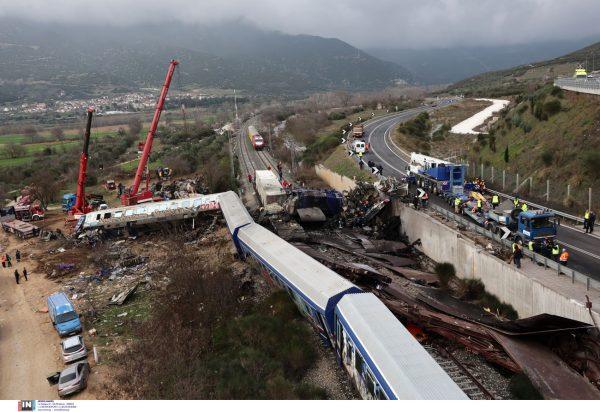The seven years that have passed since the 18 September, 2013, murder of anti-fascist rapper Pavlos Fyssas that rocked Greece is a long time.
Five-and-a-half years is a long time as well. That is the time the Greek judiciary will need to rule whether the entire far right Golden Dawn party is responsible for organising the murder or whether isolated members acted on their own.
The family declares that the past years have been a tortuous martyrdom.
They charge that they were cursed and threatened by the side of the defendants and that they stared down the Nazi monster and stayed on their feet.
Their trials and tribulations will end on 7 October when the court’s ruling will be announced, but authorities must review why it took so long.
Huge delays in trying cases do not apply only to high-profile cases like Golden Dawn’s.
They occur in everyday lower and appellate court cases, in both civil and criminal cases.
Greece has one of the slowest judicial systems in the world and has been repeatedly convicted of unjustifiable delays by the European Court of Human Rights because these delays go beyond the statute of limitations and the guilty are often left off the hook. Those on trial are released from prison and huge damages are paid out.
In fact, the problem is that citizens are deprived of their fundamental right to a “fair trial”.
Emergency measures are needed. The reform and modernisation of Greece’s judicial system can wait no longer.














![Ουκρανές γυναίκες που τραυματίστηκαν στον πόλεμο φωτογραφίζονται για το Playboy [εικόνες]](https://www.tanea.gr/wp-content/uploads/2025/05/Capture-42.jpg)


















